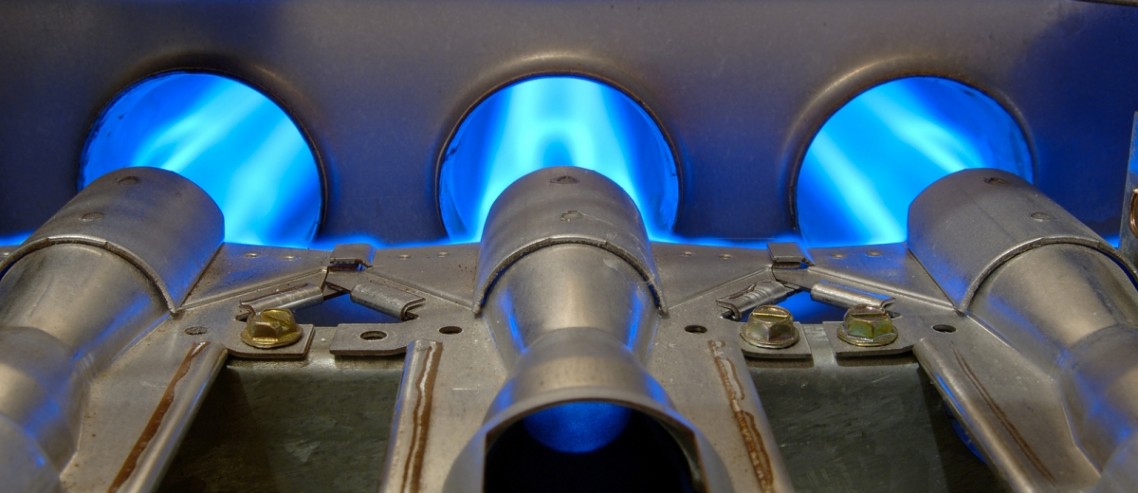What Is the Best Temperature to Set My Water Heater To?
When it comes to water heater temperatures, there are two main opposing camps. Some tout the savings and safety that comes with setting the temperature lower, and others say that 140 °F is the only safe temperature to use. So who is right?
The truth is that there are merits to both schools of thought, so most households will want their temperature to lie somewhere in between 120° and 140°F. To help you decide whether your water heater’s temperature is too hot, too cold or just right, here are some factors to consider:
Risk of Infection
In 1976, a convention of American Legion veterans met with a grisly fate while they lodged in a hotel in Philadelphia. 182 people were admitted with pneumonia-like symptoms, and of them 29 died.
The culprit was a bacterium found lurking within the storage tank water heating system. Named Legionella after the convention that incited its discovery, it has been responsible for several hundred outbreaks over the past 30 years. Older adults and children are most susceptible, but a minor outbreak at a Memphis, Tennessee fitness center demonstrated that anyone could be at risk.
Luckily, combatting Legionnaire’s disease is as simple as keeping your water heater’s thermostat set high enough. According to the World Health Organization, the Legionella bacterium responds to certain temperature ranges as follows:
- 90-108°F — Ideal range for growth
- 118-122°F — Bacteria can survive in most instances, but will not multiply
- 122°F — 90% die within 80-124 minutes, depending on the strain
- 140°F — 90% die within two minutes
- Above 158°F — dies instantly
Since temperatures above 140 °F are an instant risk of second-degree burns, 140 °F is the absolute safest setting for those worried most about their risk of infection. For most of us, though, the risk of encountering contaminated water between 120-139 °F is moderately low. We cannot guarantee that it will be safe, but outbreaks typically occur in public places where water lines were not cycled nearly as often as they are in private homes.
Risk of Burns
Any sensible adult can handle having their water heated to 140 °F without burning themselves. Children, however, are quite different. Their thin skin and curious demeanors can lead to moderate to severe burns from tap sources. Older adults are at risk, too, since they can have delayed reactions and may slip and fall when they try to pull back from hot taps.
Families worried about water burns can set their water heaters between 122-138 °F and lower the risk of serious damage. They can also install anti-scald valves on taps throughout the home, or use a temperature monitoring system like this one.
Comfort
Who does not love a hot shower? Dermatologists say that too hot of water can dry out your skin, but an occasional piping-hot bath or shower feels great.
On the other hand, others may not even notice if the temperature setting was turned down. Experiment with your setting by marking the water heater’s current level and adjusting it, testing it again after an hour. Ask others in the household to agree on a happy medium that falls within the safe range.
Another factor to consider is that dishwashers without heat booster devices may need hotter temperatures in order to clean and dry properly.
Energy Savings
According to the U.S. Department of Energy, water heaters set higher than needed can waste around $60 up to $400 a year in unneeded energy use. Setting your water heater as low as you can while still keeping people comfortable and safe will put money back in your pocket.
In the end, your ideal temperature setting will depend on personal preference. Purchasing a water heater with a digital temperature readout and anti-scald safety features can give you absolute control without putting anyone at risk.
To find a Philadelphia area contractor who can recommend the perfect unit for your family and handle the water heater installation, you can use ServiceWhale. We provide you with competing custom quotes from local contractors, all without requiring onsite estimates. Click here to get started.





Comments
Comments are disabled for this post